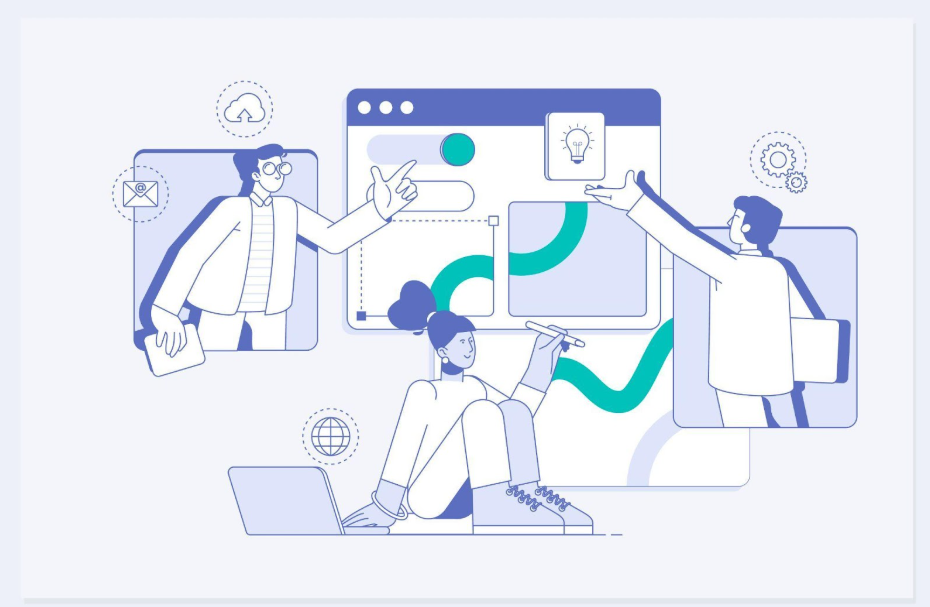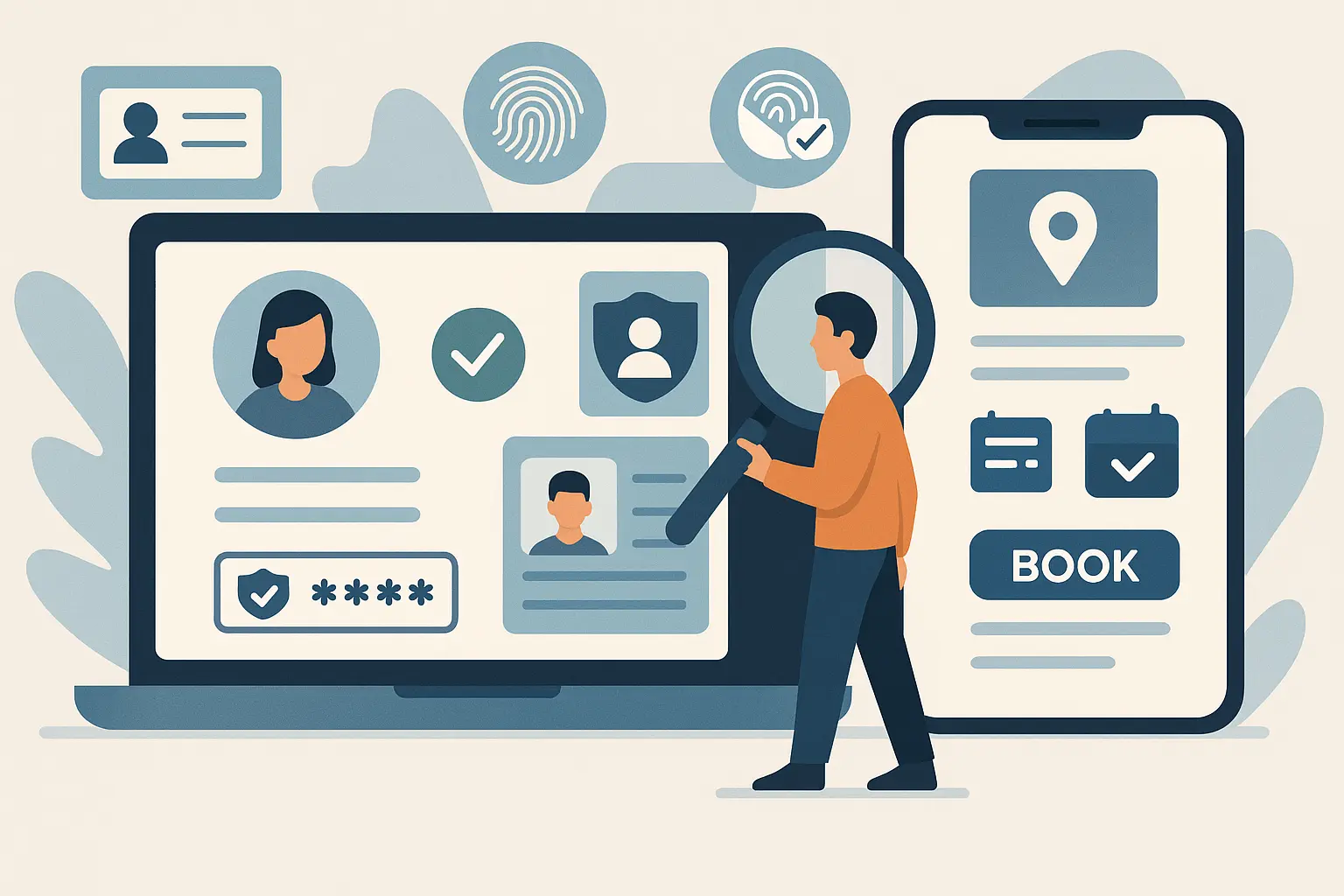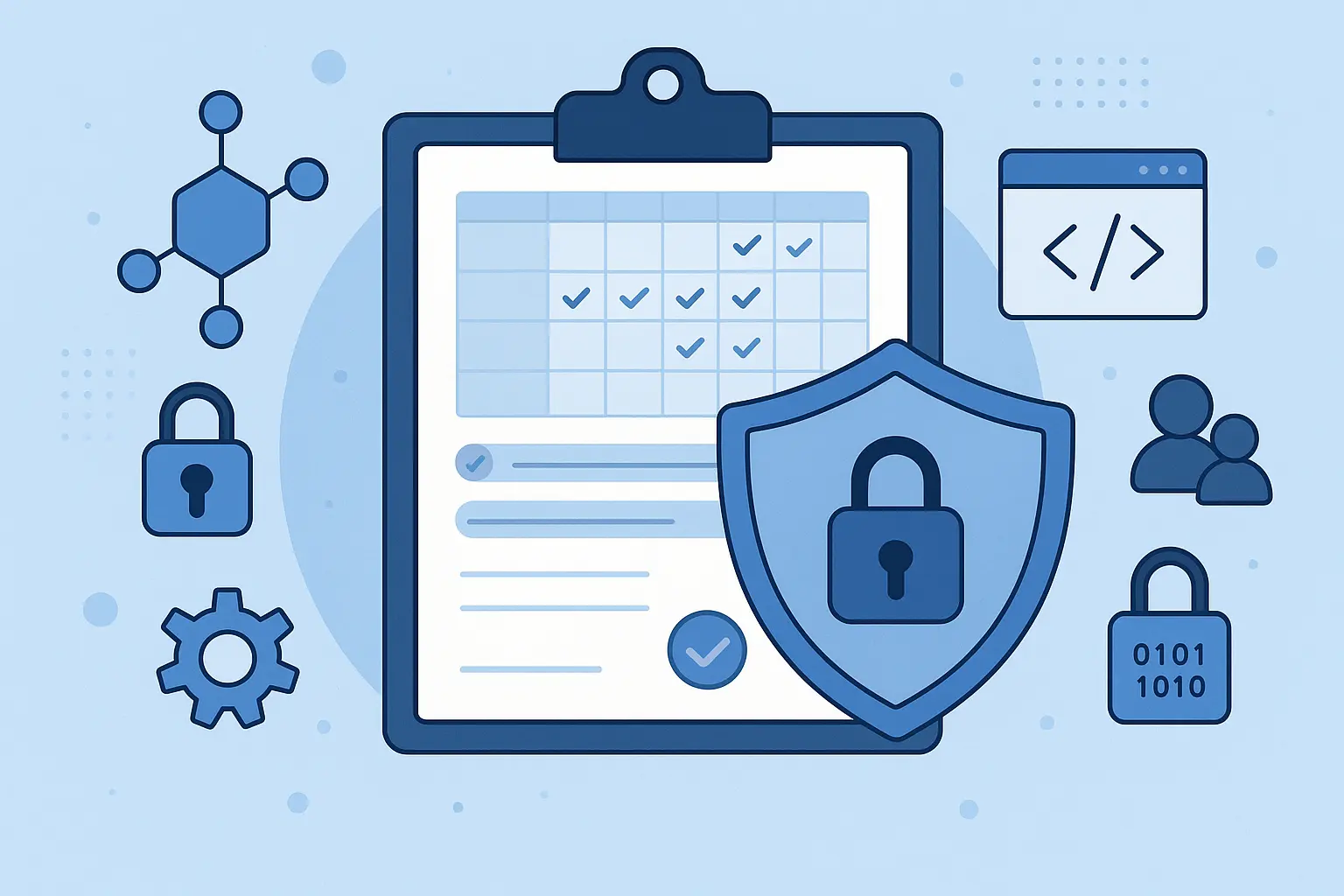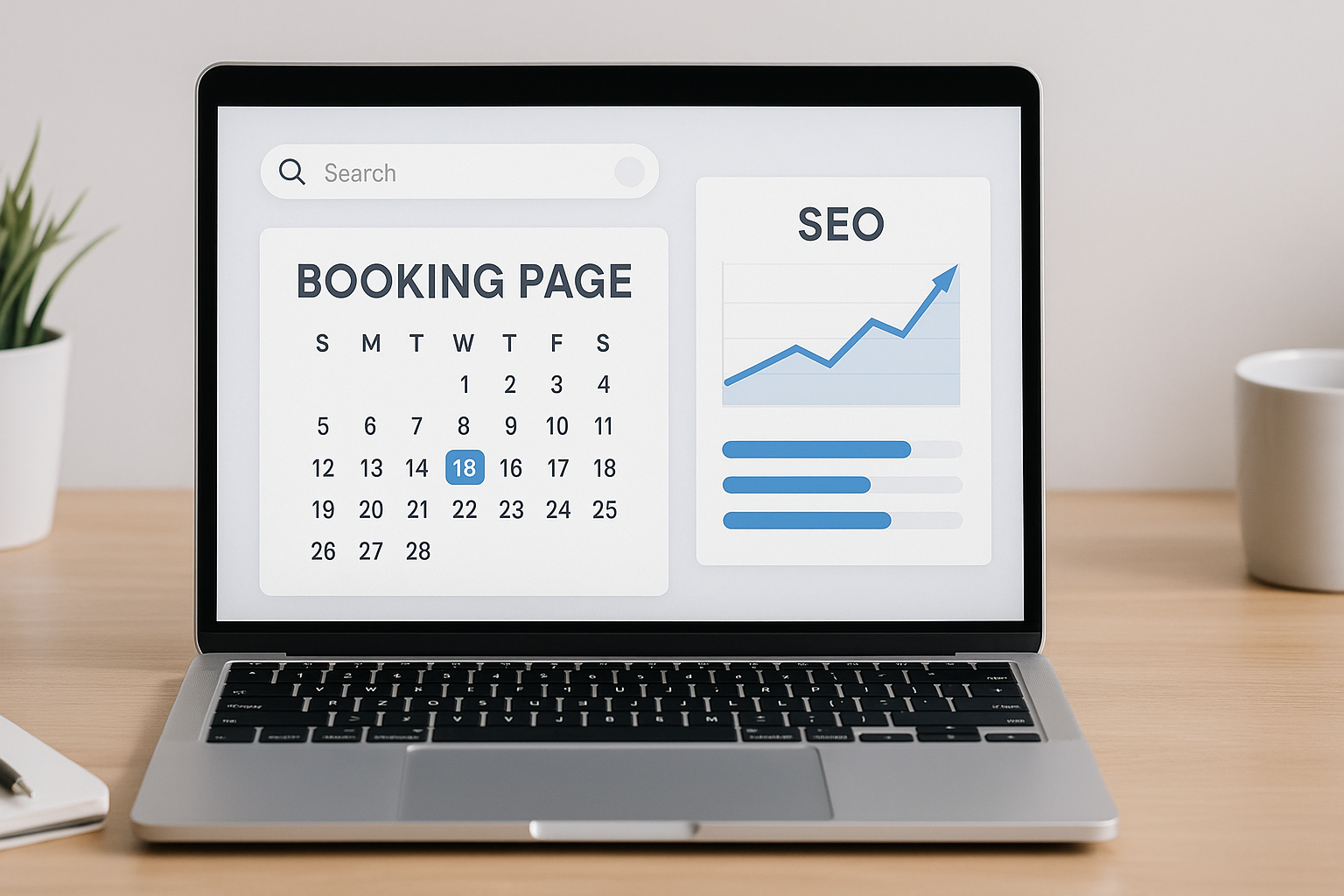As your business expands, so does the complexity of managing your people. Tracking paid time off, organizing employee files, handling onboarding, and maintaining compliance may start off simple, but they rarely stay that way. What once worked with a spreadsheet or email thread can quickly become a bottleneck, leading to inefficiencies, errors, and a disjointed employee experience.
This is where the Human Resource Information System (HRIS) becomes crucial. A platform like Thrivea offers a streamlined, intuitive approach to HR tasks, helping your team stay organized as it grows. An HRIS can reduce time spent on repetitive admin work, improve internal processes, and create a smoother experience for employees at every stage of the journey. It can help your team reduce time spent on repetitive administrative work, improve internal organization, and ultimately create a smoother experience for employees at every stage of the journey.
Whether your team has five members or fifty, choosing the right HRIS can free up time, limit human error, and help your people thrive. But not all platforms are built equally—especially for startups or small teams in the early stages of growth. Here’s how to make a smart, future-proof decision that fits your current needs and scales with your business.
Clarify Your Team’s Current Pain Points
Before scheduling demos or comparing price tiers, take a step back and assess your unique challenges. What are the specific administrative headaches you’re trying to solve? The goal isn’t to find the “best” HRIS on the market—it’s to find the best one for your business.
Start by pinpointing your most pressing issues. Are PTO requests getting lost in Slack or email? Is onboarding a different experience for every new hire? Are employee records scattered across Google Drive, personal folders, and multiple spreadsheets?
Identifying these problems early allows you to focus your search on tools that actually solve them. You’re not shopping for someone else’s HR challenges—you’re solving your own. By staying grounded in your daily realities, you’ll avoid being distracted by flashy features you don’t need.
Don’t Let Features Distract from Usability
It’s easy to assume that more features equal better value. But when it comes to HR software, more isn’t always better—especially for small or growing teams with limited time or technical resources.
A bloated, feature-heavy system might look impressive during a sales demo, but if your team finds it clunky or hard to use, you won’t get the return you expect. Instead of looking for the most “robust” tool, prioritize usability. The ideal HRIS should simplify your life, not complicate it.
Ask yourself:
- Can employees navigate the system without extensive training?
- Is it easy for a manager to approve time off?
- Can new hires complete onboarding without HR holding their hand?
If a task exceeds a few minutes or appears to be utilizing outdated software, it should raise concerns. When your business is growing quickly, every minute counts. Go with a tool that removes friction, not one that adds steps.
Plan for Growth, Not Just the Present
While you should focus on solving current problems, don’t forget to look ahead. Your needs will evolve as you hire more people, open new locations, or expand into remote work.
That’s why scalability matters. The best HRIS isn’t just one that fits now—it’s one that can stretch and evolve with your business. You don’t want to be shopping for another system in six months because your current one hit a ceiling.
When evaluating tools, consider whether the platform supports
- Multiple locations and time zones
- Different types of employees (full-time, part-time, contractors)
- Hierarchical structures like teams, departments, and roles
- Integrations with payroll or performance software
Even though you don’t require every feature right now, it’s important to have the flexibility to develop into them. Choose a platform that grows with you, not one that slows you down when you hit the next stage.
Keep the Employee Experience in Mind
A great HRIS isn’t just for HR managers—it should serve the whole team. From new hires filling out onboarding forms to longtime employees updating their personal info or submitting vacation requests, everyone interacts with the system. That means it should be as intuitive for your people as it is powerful for your admin team.
Look at the platform through the eyes of a new employee. Is it mobile-friendly? Can they find what they need without endless clicks? Does it feel like a modern app or like a clunky internal portal?
When employees enjoy using your HR system, they’re more likely to engage with it. That means smoother onboarding, fewer follow-up emails, and better data accuracy. Don’t settle for a system that only works for HR—choose one that improves the experience for the entire team.
Evaluate Support and Onboarding Resources
No matter how user-friendly a system claims to be, some setup and guidance will always be needed. This is especially true if your team doesn’t have a dedicated HR specialist or IT support to lean on.
That’s why onboarding and customer support are critical. A great HRIS partner won’t just give you a login and leave you to figure it out. They’ll help you get the most out of their tool, both at the beginning and as you grow.
When vetting platforms, ask:
- Will I get personalized onboarding or just a library of help articles?
- Can I talk to a real person if I need help?
- How responsive is their support team during business hours?
Support is often the difference between a tool that gets adopted company-wide and one that sits unused. Don’t underestimate its value, especially if this is your first time implementing HR software.
Understand the Full Cost Upfront
Software pricing is rarely as simple as it seems. What starts as an affordable monthly rate can balloon quickly with per-user fees, add-on modules, and surprise charges for integrations or support.
Don’t get caught off guard. Ask for a complete breakdown of what’s included in the base price and what costs extra. Some platforms charge extra for core features like reporting or integrations, while others limit the number of admins unless you pay more.
Here’s what to look for:
- Transparent pricing models
- No hidden fees for adding users or accessing critical features
- A trial or demo environment to test with your actual workflows
If possible, simulate how your team would use the system during the trial—don’t just click through a demo account. And remember: you don’t need the most expensive system. You need the one that saves your team time and improves their day-to-day.
Focus on Flexibility Over Perfection
It’s tempting to want a tool that does everything—performance reviews, compensation planning, engagement surveys—but unless you need those features now, they’ll only distract from your core goals.
The right HRIS should support where you are today while offering the flexibility to adapt as you grow. It doesn’t need to be perfect. It needs to be practical.
Look for platforms that let you activate features as you need them. Ask about roadmap updates. Find out whether customization is possible without heavy development work. Flexibility is a long-term advantage, especially in a fast-changing organization.
Conclusion: Choose a Partner, Not Just a Product
Choosing an HRIS isn’t just about checking off features—it’s about finding a system that fits your team’s way of working. The best tools don’t demand that you change your processes to fit the software. They adapt to your needs, make life easier for everyone, and evolve as your company grows.
Here’s what to remember:
- Start by understanding your team’s real challenges
- Choose simplicity over complexity
- Make sure the system scales with your business
- Prioritize the employee experience
- Invest in strong onboarding and support
- Watch out for hidden pricing traps
- Choose flexibility, not feature overload
Ultimately, you’re not just buying software—you’re choosing a partner that will impact how your team operates every day. With the right HRIS in place, your HR processes can run smoothly in the background, letting you focus on building a stronger company and a happier, more supported workforce.







